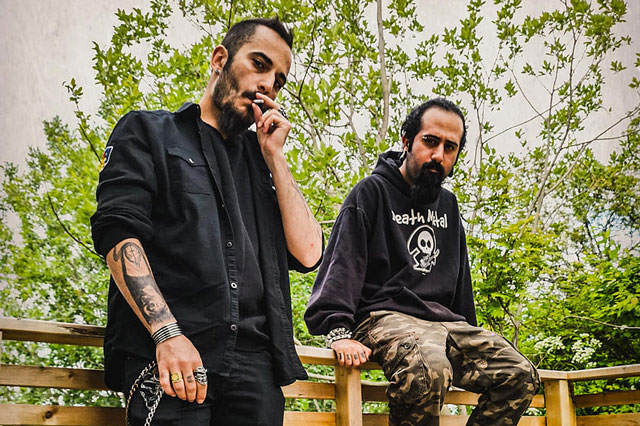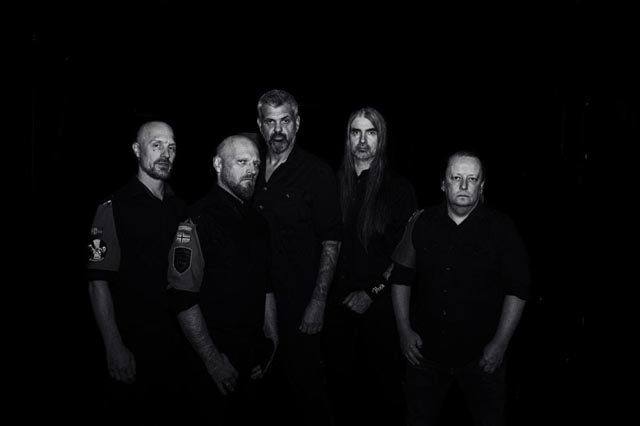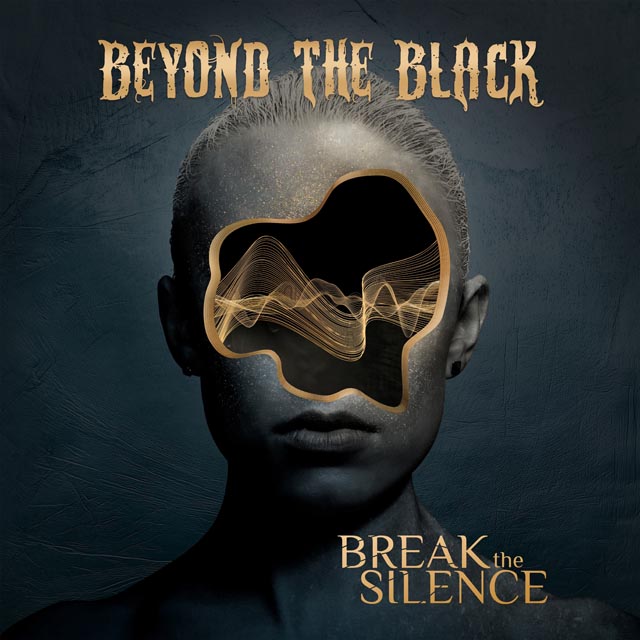
This past summer, a story hit the news cycle about the legal journey of Iranian metal band Confess. Singer/guitarist Nikan “Siyanor” Khosravi, who fled to Turkey after his trial in 2016 and is currently residing in Norway, spoke with Louder Sound about he and bandmate Arash “Chemical” Ilkhani’s legal issues, being arrested in their homes in 2015 and jailed for making “blasphemous,” politically critical music. Since his final court appearance in February, Ilkhani has also made his way to Norway.
Rock and metal music has historically been a genre of rebellious rule breakers. If you go back to the 1950s, you had Elvis Presley and the way he moved his pelvis when performing, which notoriously got him banned from being televised from the waist down. The Beatles had people talking with their “mop top” long hair in the 1960s. Countercultural movements such as the late 1960s “hippies,” punk in the 1970s and metal in the 1980s were built on the dissatisfaction of youths with the normal political climate of the time. Metal and punk communities still pop up anew in areas where there is great economic disparity and political ostracism, such as the religiously governed Iran.
Of course, any countercultural movement is going to have its opponents or people that try to censor it. Take for example the Parents Music Resource Center (PMRC) in the US, who in the 1980s decided that certain content was too obscene for public consumption. Nearly half of the songs on the committee’s “Filthy 15” were by metal bands, staging a dangerous precedent for what people thought about rock music. An album emblazoned with an “Explicit Content” sticker may have been hidden or not sold in particular stores.
However, the creation of these bands or the content of their songs, regardless of how critical or sexual they may be, usually go unpunished here in the United States. The truth is, we take for granted our first amendment rights to freedom of speech and freedom of expression. There are a lot of countries out there that do not have such freedoms; countries where people can be arrested for expressing themselves how they want or for disagreeing with the government in any number of ways.
Some of these countries have conservative religious governments, where practices that go against its tenets are seen as “satanic” and “blasphemous.” Others have overbearing governments that dislikes when its citizens are critical of its rules. Sometimes it’s a mix of keeping with traditional style as well as heavy censorship of critical material. In any case, these countries serve a critical eye on rock music, making it hard for bands to find a safe place to express themselves. With all of that in mind, here are five countries where rock music is all but illegal.
01) Iran:
The inspiration for this article, Iran is a theocratic authoritarian republic, meaning that it’s a strict, religion-guided government with a supreme leader that has a lot of power. As previously stated, western culture is seen as blasphemous and satanic by the government and anyone caught dissenting is subject to imprisonment. Said Khosravi to Louder Sound:
“If your music talks about reality as you see it, the socio-political issues of the country, they will come to shut you up…Musicians, film directors, writers, journalists; believe me, there are lots of them in prison right now.”
For women who want to front bands, it’s even harder since many studios won’t let them record vocals. Many of the Iranian artists interviewed in the Louder Sound article found it more productive to leave their home country, however bittersweet, to pursue their musical passions.
02) Saudi Arabia:
Similar to Iran, the Kingdom of Saudi Arabia is a religiously conservative country run by an absolute monarchy. Dissenting opinions, as well as blasphemous acts, have been known to have dire consequences (just look at the story of journalist Jamal Khashoggi that blew up last year). When such is the case, it can be difficult to publicly play music, especially something like metal that is so often filled with anger and “satanic imagery,” or partake in activities where laws (like a ban on alcohol), are likely to be broken. The country’s last public metal show was held in 2009 and ended with its organizers getting arrested for the rowdiness that took place. During those 10 years, the metal and rock scene went deep underground, fearing that something like that could happen again. The tides in the country have changed somewhat, especially when it comes to entertainment and women’s rights. Saudi Arabian grindcore band Creative Waste were able to play the country’s first public metal show since 2009, though they still have a long way to go.
03) Russia:
It’s fairly well known that the Russian government doesn’t like dissenting opinions. Rock music, especially genres like punk and metal, are based on rebelling against the status quo. Protest-punks Pussy Riot’s, who’s music is often critical of Putin and his administration, has had a well-documented back and forth with the Russian government. Three of the band’s members were arrested in 2012 for “hooliganism” after performing “sacrilegious” songs at a Russian Orthodox Church and given two-year jail sentences, eventually being let out on “amnesty” just before the Sochi Olympics. Some of the group’s members were arrested again in 2018 for a protest stunt they pulled during the final match of the World Cup in Moscow. In a third incident, also in 2018, one member who was writing an article for an independent Russian magazine at the time, was poisoned in 2018 while working on an investigation into the deaths of Russian journalists in the Central African Republic that were linked to President Vladimir Putin.
04) North Korea:
North Korea is a very isolated country that has been governed by a controlling family line of dictators for decades. Citizens are required to look and act a certain way or be forced to face government punishment. Western culture in particular is banned and can lead to imprisonment because it might lead to dissenting opinions. In 2015, following the announcement that industrial rock band Laibach was to perform in the country’s capitol, Kim Jung-Un even ordered all CDs and cassettes with banned songs to be destroyed.
05) China:
Censorship is an issue in China. If it’s not complementary to the government or culturally traditional, then it’s illegal. According to Chinese punk band Shore Leave, the government goes as far as reviewing a band’s lyrics before they are allowed to perform them in public. No criticizing the government, no songs about the paranormal, no songs about luxury. And the scale is loose, so they can really get you on anything. Because of these restrictions, much of the scene is underground where they do what they want and try not to draw attention to themselves.
From religious states rejecting “satanic” and “blasphemous” content to oppressive governments where leaders have a heavy hand in what people think or say to countries that reject the “westernized” lifestyle and its connotations, there is many a country where the government and rock music clash, leading to artists being persecuted for their self-expression. For artists from the countries above, it means assimilating, going underground or fighting the power and risk going to jail or worse. Some, like Khosravi and Ilkhani, choose a life on the run to continue pursuing their art. But one thing is for sure: by pursuing their music, these artists are keeping the rebelliousness of rock and metal alive where it counts the most.












